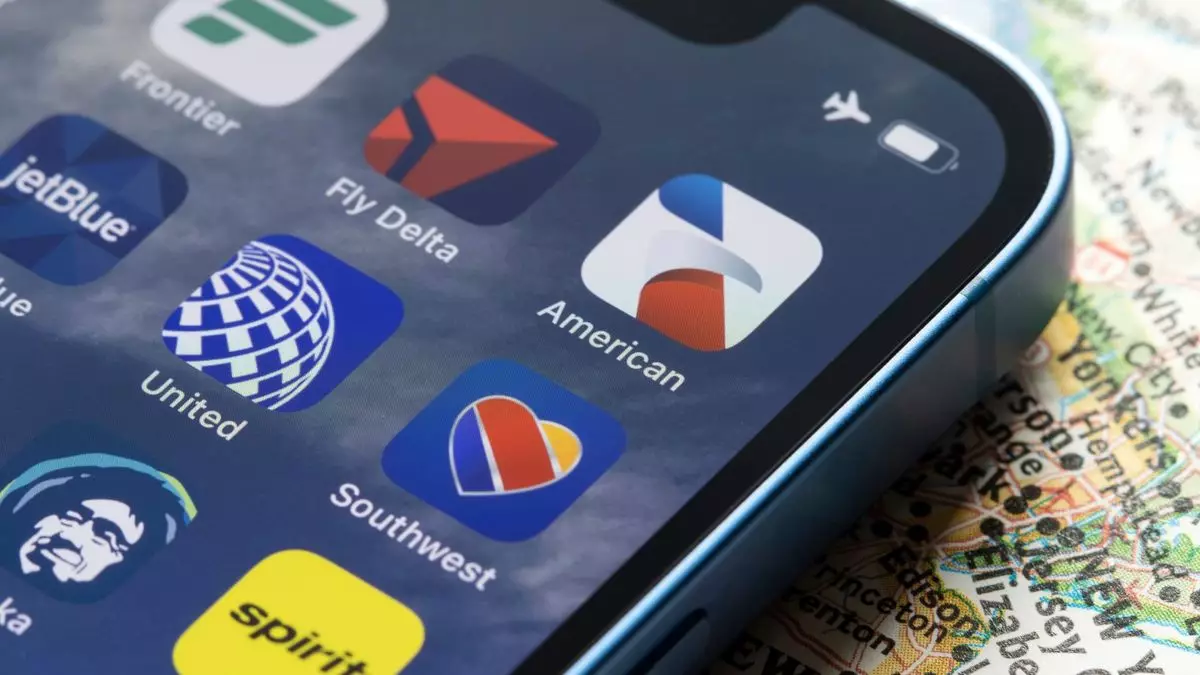The Transportation Department has recently launched an inquiry into the loyalty programs of major U.S. airlines, including American, Delta, Southwest, and United. This probe aims to safeguard customers from potential unfair, deceptive, or anticompetitive practices within the airline industry.
The DOT Secretary, Pete Buttigieg, emphasized the growing importance of airline rewards programs in the U.S. economy. These programs have evolved to become a crucial part of the airline business model, with financial implications that rival or even outweigh the revenue generated from flights themselves. Many Americans now consider their point balances as part of their savings, shaping their interactions with airlines.
Industry Dynamics Post-Pandemic
In the aftermath of the pandemic, airline credit card and loyalty programs have experienced a surge in popularity. The Airlines for America (A4A) estimates that nearly 30 million U.S. households hold airline industry credit cards, representing a substantial portion of the population. This increase in participation has raised concerns about transparency and fairness in the rewards and credit card programs offered by major carriers.
Smaller U.S. airlines have raised concerns about how larger carriers use loyalty programs to create captive customers, especially in markets where they dominate. The DOT probe comes in the wake of a joint hearing with the Consumer Financial Protection Bureau (CFPB) to address issues such as the devaluation of loyalty points. The review seeks to evaluate the impact of these programs on competition and consumer choice within the airline industry.
Responses from Airlines
While some airlines, such as Southwest, have highlighted the benefits and flexibility of their rewards programs, others like American and United have remained silent on the matter. The Airlines for America (A4A) defended loyalty programs as a way for carriers to show appreciation to travelers and provide valuable benefits to customers. However, the DOT investigation requires detailed information from airlines on issues like devaluations of rewards and dynamic pricing for redemption.
Analysis of Reward Prices and Value
A study by IdeaWorks revealed that the average price of U.S. airline tickets purchased with points or miles has increased significantly in recent years, surpassing the inflation rate for airfares purchased with currency. The CFPB also noted an overall growth in the value of rewards earned per dollar spent in major credit card programs. The DOT is seeking data from airlines on reward price fluctuations, fees for redemption and maintenance, and mergers of rewards programs.
The investigation initiated by the Transportation Department into airline rewards programs underscores the complexity of loyalty schemes within the aviation industry. While these programs offer benefits to consumers, questions remain about their impact on competition, pricing, and transparency. Airlines are now required to provide extensive documentation to address these concerns and ensure the fair treatment of customers in the realm of loyalty rewards.


Napsat komentář